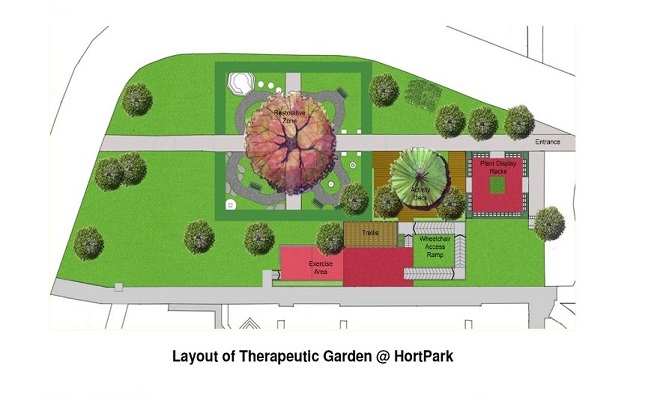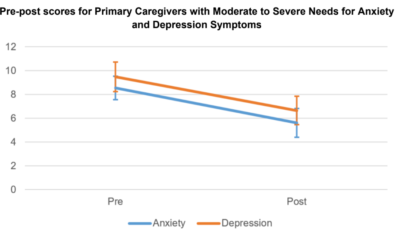 NParks
NParks
Health x Wellness
NParks Launches Singapore’s First Therapeutic Garden
The National Parks Board (NParks) has just launched the Therapeutic Garden @ HortPark, Singapore’s first therapeutic garden in a public park.
The 850sqm Therapeutic Garden @ HortPark is the first of its kind in a public park in Singapore – established based on best practices and evidence-based design principles relating to therapy for improving mental well-being. Developed by NParks in consultation with Professor Kua Ee Heok from the Department of Psychological Medicine, National University Health System (NUHS), it is designed to contribute to the well-being of all visitors, including those with conditions such as dementia.
This new therapeutic garden will aid in the successful ageing of Singaporeans and also serve as a reference for future therapeutic gardens across Singapore. NParks has plans to develop a network of these gardens in more parks such as Bishan-Ang Mo Kio Park. This network of therapeutic gardens is also one of the initiatives under the Action Plan for Successful Ageing report announced by the Ministerial Committee on Ageing last year.
The Garden comprises a Restorative Zone and an Activities Zone with different benefits for visitors. The Restorative Zone provides respite and a holistic rehabilitative environment for conditions such as dementia. Examples include easily recognisable landmarks, seats facing different directions to provide various views, and the profusion of plants with colour, texture and scents to stimulate senses. These are complemented by an Activities Zone where therapeutic programmes can be conducted. This includes an area specifically designed for gardening with moveable raised beds, customised benches for potting and convenient access to water. The design makes it more convenient for the elderly and wheelchair users to participate in gardening, which improves their health and mental well-being.
The Therapeutic Garden @ HortPark will also be used for research studies. Ongoing studies include Effects of Horticultural Therapy On Asian Elderly’s Mental Health, a joint research with NUHS on the effects of horticultural therapy on the mental health of seniors. Interim findings indicate that horticultural therapy brings about improvement in the psychological well-being of seniors. The results demonstrated that participants in the active horticultural therapy group report a higher life satisfaction and feel more socially connected when compared to those in the control group.








